As the scientific community delves deeper into cellular health and longevity, NAD+ IV therapy emerges as a pivotal treatment in enhancing neurological functions and mitigating the effects of aging. This blog explores the significant benefits of NAD+ infusions, offering insight into how this potent therapy supports brain health and combats the natural decline associated with aging.
The Critical Role of NAD+ in Neurological Function
Nicotinamide adenine dinucleotide (NAD+) plays an essential role in maintaining neurological health. It is vital for the production of ATP, the energy currency of the cell, which is crucial for maintaining optimal brain function. NAD+ infusions directly supply this coenzyme to the body, enhancing energy production and supporting neuronal activity, which is crucial for cognitive function, memory retention, and overall brain health.
NAD+ and Its Importance in Aging
Aging is a natural process associated with a gradual decline in cellular function, including the natural depletion of NAD+ levels. This decline affects various bodily functions but is particularly impactful in terms of cellular repair and maintenance. NAD+ IV therapy replenishes NAD+ levels, which can activate enzymes like sirtuins and PARP-1 that play a role in DNA repair and the extension of telomere length, thereby slowing down cellular aging processes.
Key Beneficiaries of NAD+ Infusions for Enhanced Cognitive Health
Older Adults Seeking Cognitive Longevity
For aging individuals, maintaining cognitive function is paramount. NAD+ levels naturally decline with age, leading to decreased cellular vitality and a higher risk of neurodegenerative diseases. Regular NAD+ infusions can replenish these levels, helping to sustain brain health, enhance memory, and preserve cognitive functions, thereby supporting overall mental acuity as one ages.
Professionals Facing High Mental Demands
Professionals in demanding careers often experience cognitive fatigue, which can affect performance and mental clarity. NAD+ IV therapy provides a brain boost by enhancing mitochondrial function, crucial for energy production and efficient brain operation. This results in improved concentration, higher productivity, and better stress management.
Individuals Recovering from Neurological Conditions
Patients recovering from stroke or neurological injuries may benefit from NAD infusions. These treatments can aid in the restoration of brain function by promoting the repair of brain cells and nerve tissues, potentially speeding up the recovery process and improving outcomes.
People with Family History of Neurodegenerative Diseases
Individuals with a genetic predisposition to neurodegenerative diseases such as Alzheimer’s or Parkinson’s can consider NAD + IV therapy as a preventive measure. Regular infusions can help protect brain cells from age-related damage and maintain neurological health over time.
How NAD+ Infusions and NAD Shots Contribute to Cognitive Longevity
Mechanisms of Action
- Enhancing Mitochondrial Function: NAD+ is crucial for the optimal performance of mitochondria, the cell’s energy generators. Enhanced mitochondrial function means greater energy availability, which is critical for brain cell operation and resilience.
- DNA Repair and Cell Maintenance: NAD+ helps activate enzymes involved in DNA repair and maintenance, crucial for preventing the accumulation of genetic damage that can lead to cell malfunction and diseases.
Direct Benefits
- Improved Neuroplasticity: NAD+ can improve the brain’s ability to adapt and reorganize itself, enhancing learning and memory capabilities.
- Reduction in Oxidative Stress: By improving the body’s defense against oxidative stress, NAD+ helps protect against cellular damage that can lead to cognitive decline.
- Regulation of Neurotransmitters: Adequate levels of NAD+ help balance neurotransmitters in the brain, essential for mood stabilization and preventing disorders such as depression and anxiety.
Administration and Effectiveness
- NAD+ Infusions: Delivered directly into the bloodstream, these infusions bypass the digestive system, ensuring that maximum amounts of NAD+ reach the body’s cells, including brain cells, without being degraded.
- NAD Shots: These provide a quicker, more concentrated delivery method compared to oral supplements, ideal for those seeking immediate benefits.
Incorporating NAD+ IV therapy and NAD shots into a wellness routine can be a proactive approach to enhancing cognitive function and ensuring longevity in brain health. By directly addressing the decline in cellular health associated with aging and stress, NAD+ treatments offer a promising avenue for maintaining mental clarity and functionality throughout life.
References:
- Martens, C. R., Denman, B. A., Mazzo, M. R., Armstrong, M. L., Reisdorph, N., McQueen, M. B., Chonchol, M., & Seals, D. R. (2018). Chronic nicotinamide riboside supplementation is well-tolerated and elevates NAD+ in healthy middle-aged and older adults.Nature Communications, 9(1), 1286. Available from: https://www.nature.com/articles/s41467-018-03421-7
- Rajman, L., Chwalek, K., & Sinclair, D. A. (2018). Therapeutic Potential of NAD-Boosting Molecules: The In Vivo Evidence.Cell Metabolism, 27(3), 529-547. Available from: https://www.cell.com/cell-metabolism/fulltext/S1550-4131(18)30122-1
- Airhart, S. E., Shireman, L. M., Risler, L. J., Anderson, G. D., Nagana Gowda, G. A., Raftery, D., Tian, R., Shen, D. D., & O’Brien, K. D. (2017). An open-label, non-randomized study of the pharmacokinetics of the nutritional supplement nicotinamide riboside (NR) and its effects on blood NAD+ levels in healthy volunteers.PLOS ONE, 12(12), e0186459. Available from: https://journals.plos.org/plosone/article?id=10.1371/journal.pone.0186459
- Mendelsohn, A. R., & Larrick, J. W. (2017). Sleep and the epigenetic regulation of neuroplasticity: The role of NAD+.Rejuvenation Research, 20(6), 481-494. Available from: https://www.liebertpub.com/doi/10.1089/rej.2017.1925
- Zhou, B., Wang, D. D., Qiu, Y., Airhart, S., Liu, Y., Stempien-Otero, A., O’Brien, K. D., & Tian, R. (2016). Boosting NAD level suppresses inflammatory activation of PBMCs in heart failure.Journal of Clinical Investigation, 126(11), 4193-4202. Available from: https://www.jci.org/articles/view/89014

